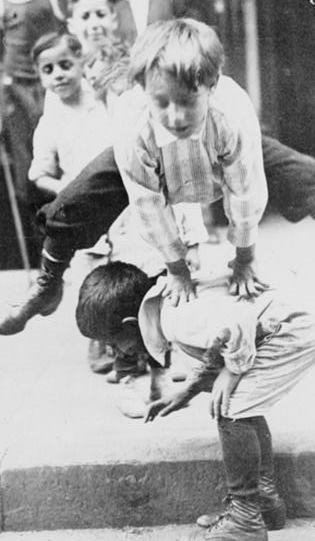This time of year, we spend a lot of time outside in the dark. It is unavoidable when dusk is 5pm. And one of the things that makes this season bearable, even enjoyable is the lighting, things like candles, glowing windows and Christmas lights.
One of my favorite lights is the round window at Music Hall. Sometimes at night it looks like a giant full-moon rising over Washington Park:
.JPG)
I think that it is true that buildings lit from the inside glow and are therefore more beautiful that those lit with spotlights. However there is a place for spotlights too. Carew Tower is a beautiful example. Christ Hospital is extreme overkill, IMO.
In the suburbs, super-bright lights are common. There a strong belief that brightness = safety, and certainly dark streets are more dangerous. However, many commercial spaces go way overboard, especially gas stations:
.JPG)
But the real problem with the picture above isn't the level of brightness, it is the bare, exposed bulb/refractor that is so unpleasant to the eye. This is called glare. Here is another example of glare, from Dalton Street:
.JPG)
Compare the gas station above with this one from the
LSI (a light fixture manufacturer) website. The bulbs are not directly hitting your eyes, but the area is still well lit:

Cities have bright lights. That is fine and even good. But people who install the street lighting, such as the City of Cincinnati Department of Public Works cannot seem to distinguish between the different purposes for light. There are two basic types of lighting: decorative and safety. The new lights in OTR try to be both, with disastrous results. Because they have a total glass globe enclosure, 90% of the light shines up into bedroom windows and into the sky. Yes, when you throw this much light out there, some of it will reach the sidewalk where it is needed, but so much is also wasted:
Vine Street Glare
.JPG)
Daytime picture of the new fixtures. Do these fixtures fit in OTR? Frankly, I think a modern fixture would be just as appropriate:
.JPG)
But there are fully shielded reproduction fixtures that would work too. See the
Darksky website for a sample of
shielded light fixtures. There are lots of options here.
I tried to find some examples of good night lighting, but it was hard. Here is what I came up with:
Washington Park light poles. These are older poles with visible refractors, but since the wattage is not too bright, the effect is OK.

The above lights mixed with holiday lights a few years ago:

The new 8th St Viaduct lighting is very high and mostly sheilded. While not appropriate for a pedestrian zone, it is a decent result for a high-car-traffic street:

The new suburban PNC branch banks are designed to a LEED standard, and get credit for using 100% shielded light fixtures:
.JPG)
Piatt Park, mixed decorative lights above, with area pole lights on side. This works pretty well:

Greenwich apartment entry, shielded area lighting with decorative holiday lights, good combo:

Paris night cafe, direct lighting, but not harsh. (Found this image on the web, but cannot remember where):

.JPG) I've been exploring a bit on the near west side and this is the second house I have seen made wholly from found limestone. This one is on very high ground, up behind the Cincinnati Christian University and is obviously older than everything else around it. It has ugly replacement windows and is chopped up into apartments.
I've been exploring a bit on the near west side and this is the second house I have seen made wholly from found limestone. This one is on very high ground, up behind the Cincinnati Christian University and is obviously older than everything else around it. It has ugly replacement windows and is chopped up into apartments. .JPG)


.JPG)
.JPG)
.JPG)

.JPG)
.JPG)
.JPG)
.JPG)
.JPG)

.JPG)
.JPG)



.JPG)



.JPG)
.JPG)
.JPG)
.JPG)
.JPG)





